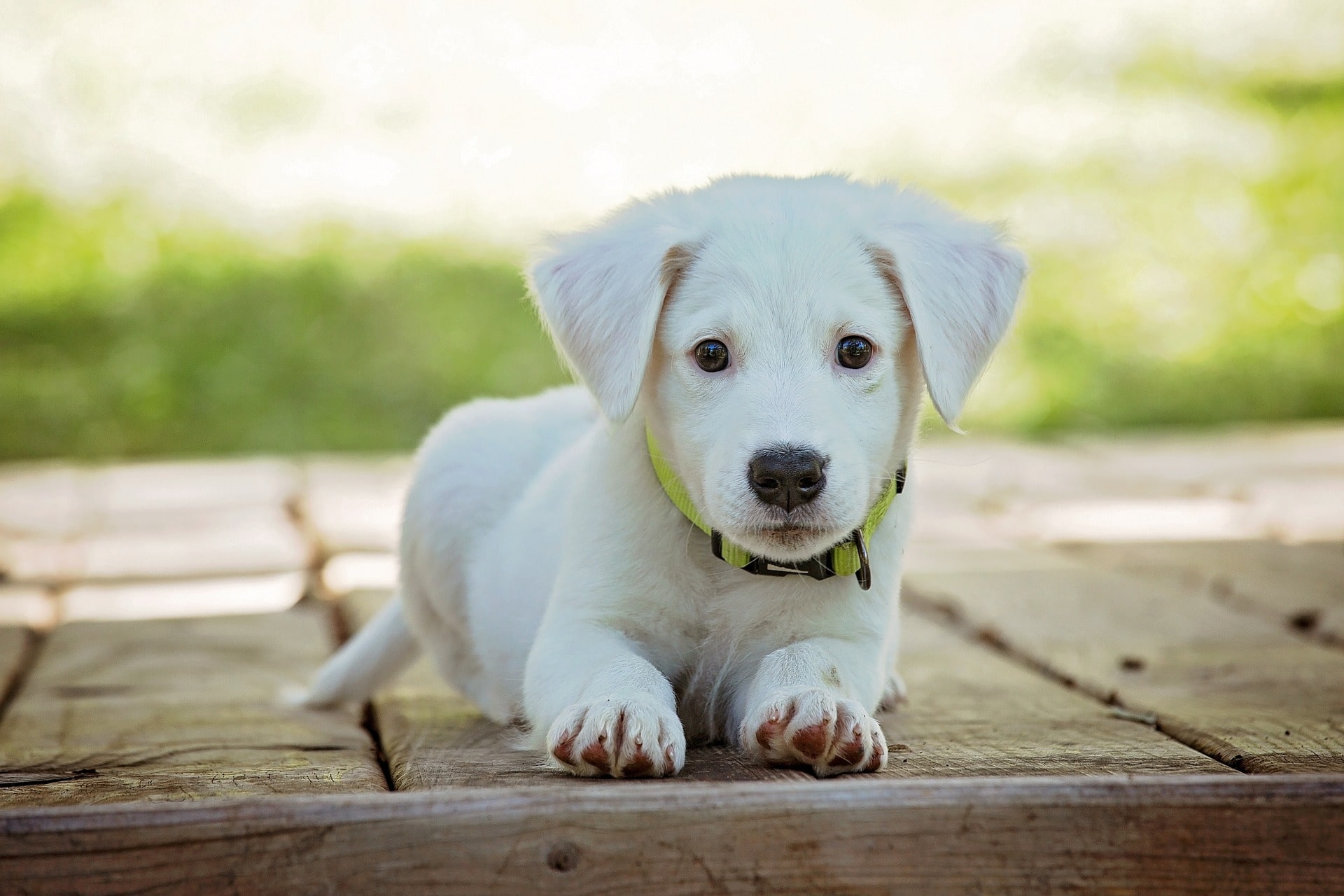Introduction
Bringing a new puppy into your home is an exciting experience, but it also comes with a lot of responsibility. Newborn puppies require a significant amount of care and attention to ensure that they grow up healthy and happy. In this article, we will explore the essential steps for caring for a newborn puppy, from feeding and sleeping to potty training and socialization. So keep reading to find out how to care for a newborn puppy.
Feeding a Newborn Puppy
Newborn puppies need to be fed frequently, as their small stomachs can only hold a small amount of food at a time. During the first week of life, puppies should be fed every two to three hours, around the clock. As the puppies grow, the intervals between feedings can be gradually increased. By the time the puppies are six weeks old, they should be eating every four hours during the day and sleeping through the night.
It’s important to note that puppies should never be fed cow’s milk, as it can cause diarrhea and other digestive problems. The best food for newborn puppies is their mother’s milk, as it is specifically designed to meet their nutritional needs. If the puppies are orphaned or the mother is unable to nurse, they will need to be fed a high-quality puppy formula.
Sleeping and Potty Training
Newborn puppies sleep a lot, usually for around 18 to 20 hours per day. They should have a warm, comfortable place to sleep, such as a crate or a bed, that is easy to clean and maintain. Puppies should also be kept in a quiet, safe area away from any potential hazards.
Potty training should begin as soon as the puppies are able to walk. This can be as early as three weeks of age. Puppies should be taken outside to a designated potty area after every meal and after waking up from a nap. Consistency is key when potty training a puppy. Positive reinforcement, such as treats and praise, should be used to encourage the puppy to eliminate in the designated area.
Socialization
Socialization is the process of exposing a puppy to a variety of people, animals, and environments in a positive way. It’s important to start socialization as early as possible, as puppies are most receptive to new experiences during the first three months of life.
During the first few weeks of life, puppies should be exposed to a variety of different sights, sounds, and smells. This can include things like different types of flooring, different types of people, and different types of animals. As the puppies grow, they should be exposed to more challenging environments, such as busy streets and unfamiliar parks.
Socialization should be a positive and enjoyable experience for the puppy. Positive reinforcement, such as treats and praise, should be used to encourage the puppy to explore and interact with new things.
Vaccinations and Health Care
It’s important to start taking your puppy to the vet for regular check-ups and vaccinations as soon as possible. Puppies should receive their first set of vaccinations at around six to eight weeks of age. These vaccinations will protect the puppy from a variety of serious and potentially life-threatening diseases.
It’s also important to keep an eye out for any signs of illness or distress in your puppy. Common signs of illness in newborn puppies include vomiting, diarrhea, and a lack of energy or appetite. If you notice any of these signs, it’s important to take your puppy to the vet as soon as possible. Having dog insurance will come in handy during such instances, so make sure you purchase some.
Grooming and Training
Grooming is an important part of how to care for a newborn puppy. Puppies should be brushed regularly to keep their coat clean and free of tangles. They should also have their nails trimmed, ears cleaned, and teeth brushed regularly to maintain their overall health and hygiene.
Training is also an essential aspect of caring for a newborn puppy. Basic obedience training, such as sit, stay, come, and heel, should be started as early as possible to help establish a strong foundation for future training. Training should be positive and fun for the puppy, with lots of treats and praise as rewards.
It’s also important to start crate training your puppy as soon as possible. A crate can provide a safe and comfortable space for your puppy to sleep and rest, and it can also be used as a tool for potty training and for preventing destructive behavior.
Exercise and Playtime
Exercise and playtime are important for keeping your puppy healthy and happy. Newborn puppies have a lot of energy and need to burn it off through regular play and exercise. This can include things like short walks, indoor playtime, and interactive toys. As the puppy grows, the duration and intensity of their exercise should be gradually increased.
It’s also important to supervise your puppy during playtime to ensure that they are safe and not engaging in any destructive or dangerous behavior.
Conclusion
Caring for a newborn puppy is a big responsibility, but it can also be a lot of fun. With the right care and attention, your puppy will grow up to be a healthy, happy, and well-adjusted companion. By following these essential steps for feeding, sleeping, potty training, socialization, vaccinations, health care, grooming, training, exercise, and playtime, you can give your puppy the best possible start in life. Remember to consult your veterinarian for any specific needs or concerns of your pup. And now you know the essential for how to care for a newborn puppy.
